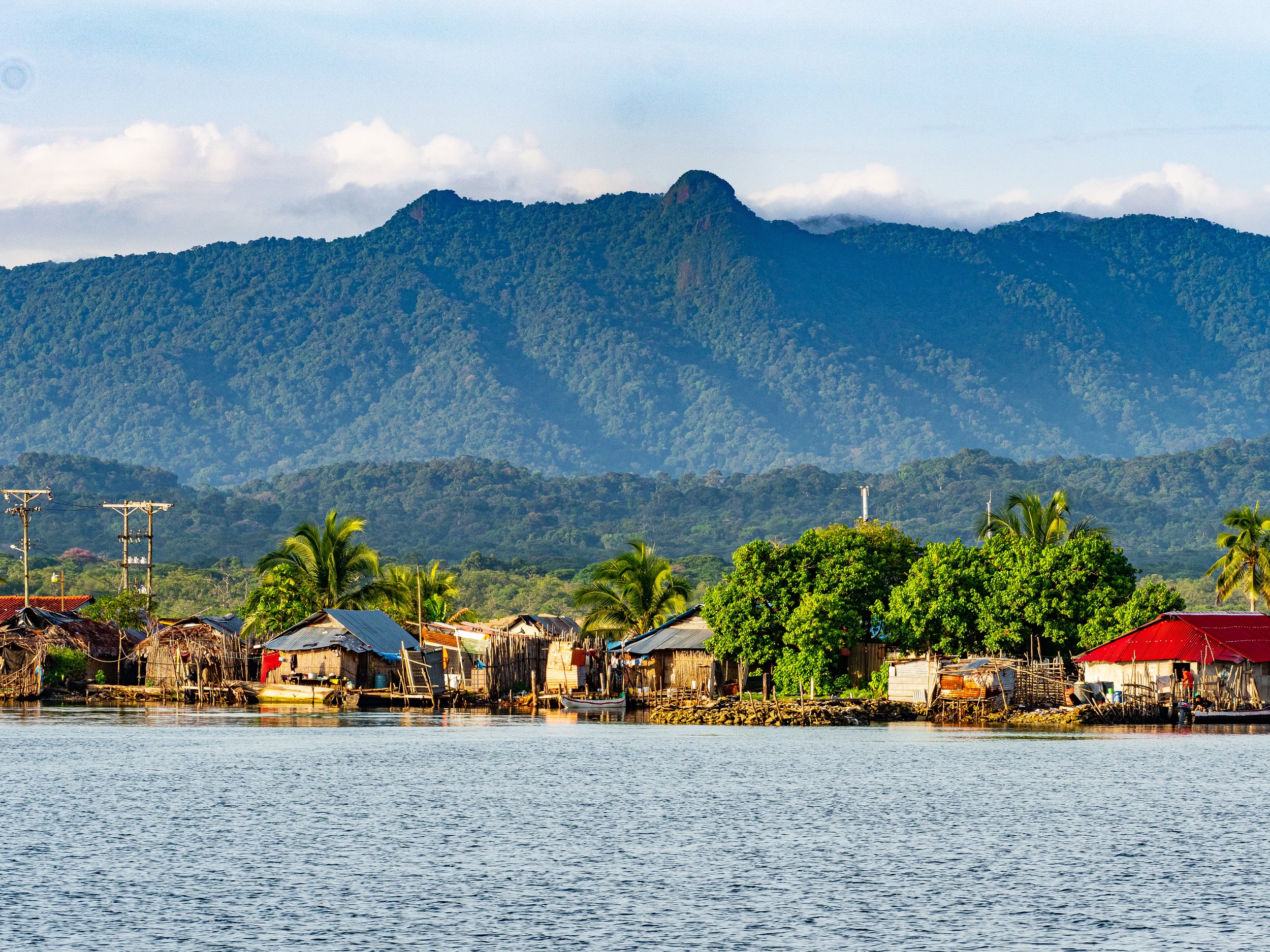Oxitec has launched a new phase of its malaria program in the Americas; establishing a team in Panama with the aim of preparing for future pilots of Friendly™ mosquitoes to combat the dominant malaria-spreading mosquito in Central America and the Caribbean.
Oxitec is partnering with INDICASAT, a globally respected research institute dedicated to scientific and technological advancement for public good in Panama.
Although most of Panama is malaria-free, including in Panama City, localized malaria transmission remains in rural areas. Innovative solutions are needed to combat this malaria-carrying mosquito in rural Panama, due to increasing resistance to insecticides and traditional vector control methods.
During the first project phase, Oxitec will conduct early field studies to inform how the Friendly™ Anopheles albimanus solution, currently in development, can deliver impact in Panamanian communities threatened by malaria.
Anopheles albimanus
in Central America
The Anopheles albimanus mosquito is one of the dominant vectors of malaria in Central America. This species is widespread and occupies a wide range of habitats, with larvae found in diverse water conditions including flowing streams, rice fields, and even brackish water in mangrove swamps.
Female Anopheles albimanus mosquitoes blood-feed at dusk and at night, with most biting occurring outside, where people are unprotected by bed nets and other measures that can be effective inside their homes. Anopheles albimanus mosquitoes are also becoming increasingly resistant to insecticides.
Malaria continues to threaten millions of people across the region, and innovative, effective vector control tools are sorely needed to support malaria prevention and eradication.
The Panama Friendly™ Mosquito Program
During the first project phase, Oxitec will conduct early field studies to inform how the Friendly™ Anopheles albimanus solution, currently in development, can deliver impact in Panamanian communities threatened by malaria.
Subsequent phases of this project will involve the release of non-biting, wild-type male Anopheles albimanus, with the aim of understanding some of the basic biological behaviours of this mosquito species. Male mosquitoes will be released and then recaptured using mosquito traps, to measure how far the species travels and how long they live in Panamanian environmental conditions.
Latest News



